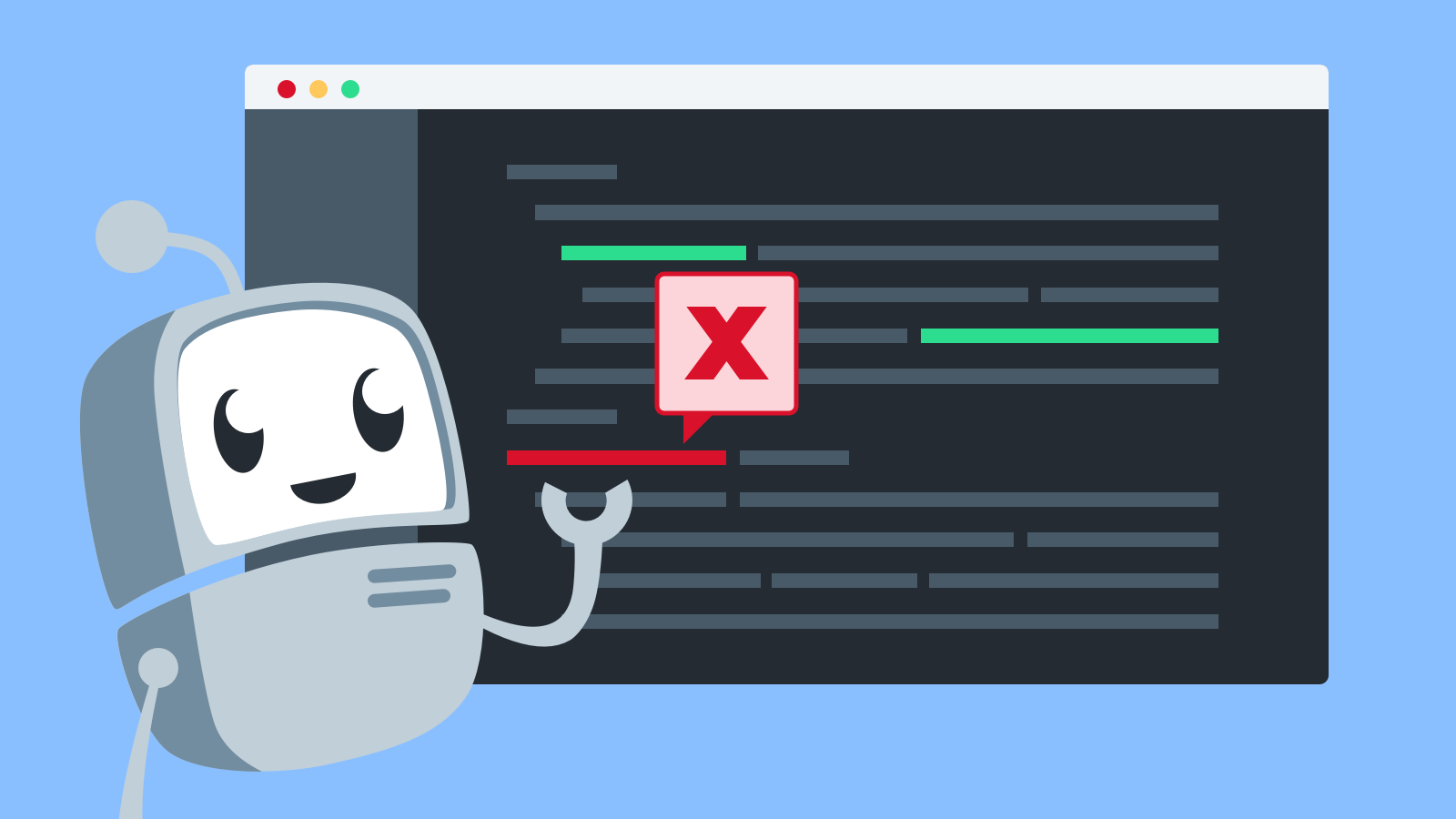Are Coding Standards Necessary?
07 Feb 2024
A Divisive Standpoint
Coding standards are a double-edged sword. For some, they offer a sense of conformity for better readability and consistency across different programs. To others, these guidelines are like a thorn on their side. In my opinion, using ESLint on IntelliJ was not an issue. I thought that the system was simple enough to follow since it checks the current style of the code I have written and indicates what errors I made, regardless of it being major or minor. It did seem a little unpleasant at first, as it would point out tiny details that didn’t affect the code’s functionality. But after using it more, I found that following coding standards have actually given me a more nuanced perspective regarding its significance in both a personal and professional setting.

Linting the mess!
Writing code and immediately seeing red underlines and yellow warnings was annoying as it quickly piled up before finishing a line. Warnings and errors about having no empty lines at the beginning or end of the file and spaces between parentheses or semicolons were a hassle to deal with.
Though it takes time to finally obtain the green check mark which indicates no errors or warning does take a while, but seeing it appear gives an overjoyed sense of relief and satisfaction. Despite being troublesome in the beginning, getting the hand of the format and style became easier since the warnings were helpful in quickly identifying the errors. Other areas in the code even have a speedy fix ready, which makes the process even more efficient.

A double-edged sword
As mentioned, coding standards may be a thorn in our sides, but they are ultimately beneficial. This is especially more so with regard to helping a programmer format and improve readability. For example, following uniformity and having consistency across multiple projects makes it easier for others to understand another person’s work in cases of debugging or fixing other parts of the code.
On a side note: following these standards does not necessarily mean that a person adhering to a styling system will help them learn how a programming language works, especially if they are just starting to learn how to code.
In a professional environment, sticking to coding standards is important. Working in teams and developing large projects needs a sense of uniformity and consistency among the group members. In turn, this makes it easier to collaborate when updating or maintaining code. Being more accustomed to the standards has made me more mindful of how I write and format code. Though the strictness of a coding style is viewed as a trivial aspect, it should play a factor in how we write code since it is a valuable tool for ensuring readability and quality in future projects.